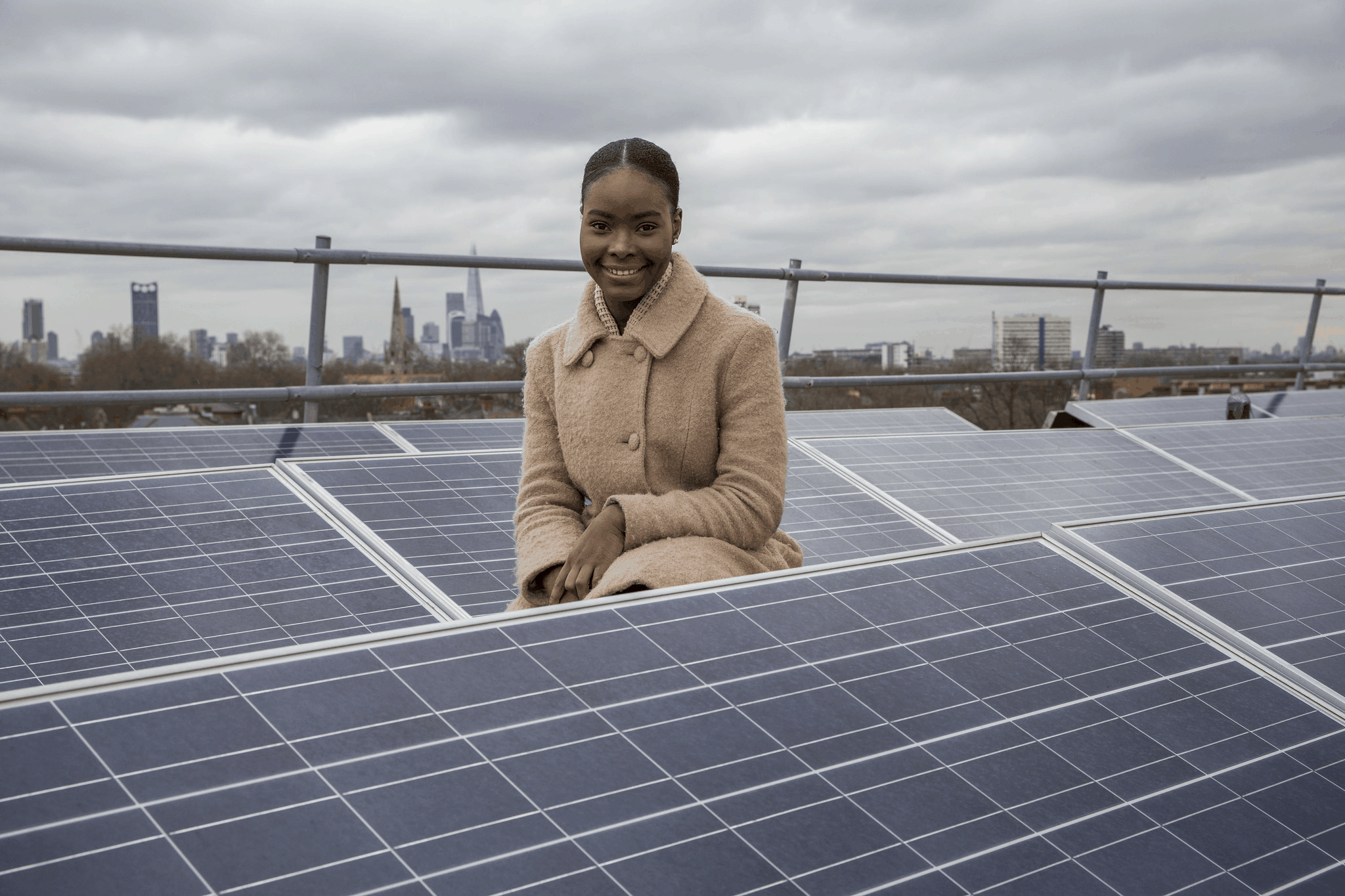Repowering London empowers communities to fund, install and manage their own clean, local energy. The organisation believes that putting people at the heart of the energy system is key to fighting the climate emergency, building resilient communities and promoting technological innovation. Repowering often collaborates with local authorities – in a guest blog for Ashden’s Local Authority Hubs network, Programme Manager Dave Fuller shares how councils can work more closely with their residents.
Community engagement at its heart, takes effort and honesty. Although each community has differing needs, every community is made up of individuals wanting good things for themselves and those around them. Here are our tips for encouraging individuals and groups to get involved in creating and delivering solutions to climate change.
Be truthful
The climate emergency is the biggest challenge facing our society, bar none. And solving the climate change challenge will require a huge amount of work, including addressing inadequate housing, improving employment outcomes, challenging inequality and reversing biodiversity loss. There’s a lot to do and we don’t have much time, so when you’re talking to people it’s vital to be honest about the scale of the problem. There is no silver bullet, but there are lots of opportunities.
Share the positives
The climate emergency gives us an incredible opening to change the way we live for the better. For example, almost every action we have to take – from boosting walking and cycling to creating warmer, cheaper-to-heat homes – will improve our health. And making these changes within a community context improves quality of life through engagement with a wider range of people, who can find opportunities for self-actualisation – the realising of their full potential. It’s this opportunity that can engage individuals and groups.
Repowering’s projects are full of people having fun, rather than sitting in despair. Give people something positive to believe in and they will join in.
Go to where the people are
It might sound obvious, but there’s no point trying to reach people where they aren’t, so it’s vital to be where they are. This means getting out as often as possible and talking to people at community centres, markets, bus stops and religious venues, becoming a face that can be recognised by those you want to connect with.
It also means starting the conversation by listening to the concerns that the community already has, and helping where possible. You can’t expect people to care about your issues when they don’t know that you care about theirs. Take the time to listen and it’s likely they will not only join you, but also show you the next steps to take.
Do things with people, not to people
Every community has experts by experience, those who know what the problems are, they have and have a good idea what’s required to solve them. Find these people and work with them. If they trust you they will bring others with them.
We need to change behaviour on a massive scale, but none of us like being told what to do. When groups create their own solutions, they’re more effective and they last longer (see the Power of Positive Deviance for more info). You can supply experience, advice, and most importantly resources (yes, give people money for their time!), but don’t tell people what to do unless you want to be ignored.
This doesn’t mean that you need to agree to everything suggested, but when you do make sure you make an effort to…
Be consistent
Communities up and down the country feel like they’ve been betrayed by those in power so many times they’ve lost count. If you want to generate trust, you need to be honest and transparent about what you, as an individual and your organisation, can do.
This means putting in the hours, over weeks and months. It means being on time, not over-promising and doing your best.
There’s no great magic to engaging communities with climate change. It takes time, patience and a willingness to listen. We’ve found that when we keep putting the hours in, the benefits multiply and our projects end up having a much bigger impact than the sum of their parts. And there’s the added bonus that when something goes wrong (as it always will), you can share your difficulties with your community and someone will appear to help solve your problem.
In addition to the above list, I recommend working with groups like us, who are already delivering on the ground. Community based groups have the lessons above in their DNA and are ready to work together to bring about positive change. There are groups like Repowering up and down the country, all you need to do is drop them a line.
Repowering London is a not for profit organisation using community energy to fight climate change and empower communities across London. Repowering London’s projects create CO2 savings, build funds to support community-based projects, provide training opportunities and aid residents in fuel poverty and at risk of disconnection. To find out more about Repowering’s work visit www.repowering.org.uk

